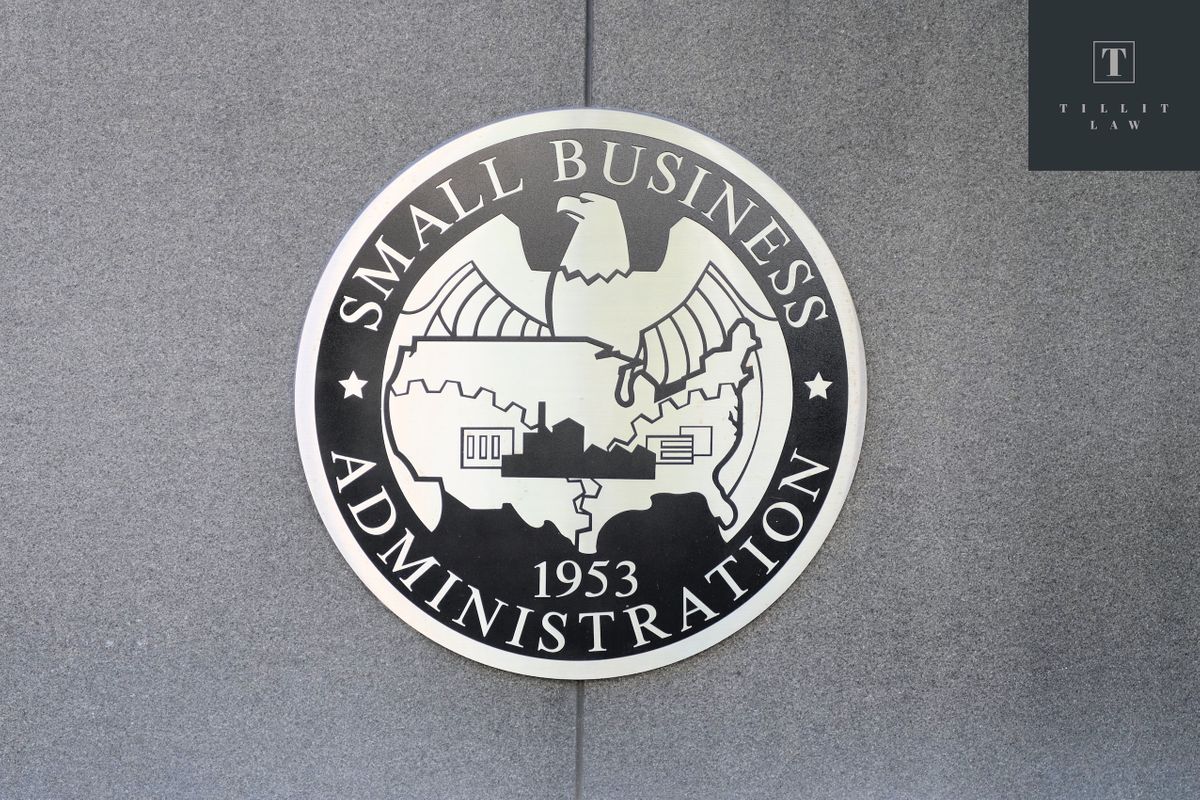The Small Business Administration (SBA) Mentor-Protégé Program (MPP) allows small businesses to pair with large contractors to form joint venture (JV) entities that can pursue any small business set-aside contract for which the protégé firm individually qualifies as small. The program is designed to be mutually beneficial for participating firms, allowing the protégé to take advantage of the mentor firm’s business development assistance while simultaneously enabling the mentor firm to perform on certain contracts it would not otherwise have access to. Once the JV has an SBA-approved mentor-protégé agreement, it is not considered affiliated with its mentor or protégé firm. The member firms enter into a joint venture agreement (JVA) that must comply with various SBA regulations to benefit from the exception afforded to the usual requirements regarding affiliations. Under the regulations, the small business protégé firm must be designated as the managing venturer responsible for controlling the day-to-day management and administration of the JV. Additionally, a named employee of the protégé firm must serve as the Responsible Manager and be accountable for contract performance.
Meanwhile, the mentor firm is permitted to participate in all corporate governance activities and decisions of the JV as is commercially customary. However, as the holder of the minority ownership interest in the JV, the mentor firm may not exercise negative control over the JV’s activities unless the provisions of the JVA granting such control are also commercially customary. Negative control is defined as the ability, granted by the JV’s organizing instruments, of a party with a minority interest in the JV to block an action by the JV’s board of directors or shareholders. Notably, the SBA Office of Hearings and Appeals (OHA) has previously held that when a firm with a minority ownership interest in a JV has the ability to exercise negative control over a JV’s activities, the JV does not qualify as an eligible small business for set-aside procurements. In such situations, an interested party may initiate a size protest with the contracting officer (CO), who forwards the protest to the appropriate SBA Area Office (AO) for a formal size determination. The SBA OHA then hears any appeals that follow from the AO’s size determination and issues the final decision of the SBA. As long as the SBA determination is made in connection with a procurement, the Court of Federal Claims (COFC) possesses jurisdiction to conduct judicial review of the OHA decision under the Tucker Act by applying the Administrative Procedure Act (APA) arbitrary and capricious standard.
On September 2, 2025, the COFC denied a protest challenging an SBA OHA decision by invoking the principle of negative control. The OHA had previously determined that the JVA of a JV entity formed under the SBA MPP did not satisfy regulatory requirements because the mentor firm with a minority ownership interest had the ability to exercise negative control over the JV’s day-to-day management activities and contract performance. In challenging the OHA’s decision, the protester alleged that the OHA had incorrectly applied SBA regulations governing mentor-protégé JVs and conducted a flawed assessment of the JVA. After reviewing the JVA, the OHA had found that, while the protégé firm’s Managing Partner and President was correctly designated as the JV’s Responsible Manager, the mentor firm nevertheless failed to cede the necessary control to the small business protégé per SBA regulations. The determination was made in part due to the JVA creating an Executive Committee that was placed above the Responsible Manager in the organizational hierarchy. The Executive Committee had two members, with the mentor and protégé firm each represented by one member, and the decisions of the committee had to be unanimous. The JVA also established the position of a Program Manager, who would be an employee of the mentor firm. The Program Manager position, which is not contemplated under SBA regulations, was given equal authority under the JVA to manage the contract as the Responsible Manager. The JVA did not clearly distinguish the contract management roles of the two managers, nor did it describe a mechanism for resolving any disputes between them. Furthermore, the Executive Committee was in charge of delegating powers and contract execution responsibilities between the two managers.
In reviewing the SBA OHA decision and the JVA, the COFC found that the terms of the JVA supported the OHA’s findings. Firstly, although the Responsible Manager was ostensibly tasked with the day-to-day management and administration, the JVA did not provide her the necessary control over the JV’s management and administration functions because she had to share authority with the mentor firm’s Program Manager. The shared management responsibilities between the two managers created issues by undermining the authority of the Responsible Manager, who must hold ultimate responsibility for day-to-day management. The lack of an adequate mechanism to resolve disputes or differences between the two roles only exacerbated this issue. Secondly, both managers were subordinate to the Executive Committee, which improperly possessed the authority to define the Responsible Manager’s role. Additionally problematic was the mentor firm’s ability to control the Executive Committee through a one-member, one-vote structure, combined with the requirement that all committee decisions be made unanimously. Under these circumstances, the COFC found that the OHA correctly determined, upon considering all relevant evidence, that the mentor firm did not relinquish the necessary control per the regulations. Thus, the COFC held that the OHA’s findings were not arbitrary or capricious and denied the protest.
The mentor firm in an SBA MPP JV may not exercise negative control over the JV’s day-to-day management or administration. Among other MPP requirements, the JVA must designate an employee of the small business managing venturer as the Responsible Manager, who must possess the management and contract administration authority over the JV. As demonstrated in this case, while the mentor firm may participate in all corporate governance activities and decisions of the JV as is commercially customary, it must cede control to the protégé firm for the JV to be considered a small business under SBA regulations. In this regard, participating firms must carefully draft the JVA by closely following the program requirements and prevent any organizational structures or mechanisms that permit the firm with the minority ownership interest to exercise negative control over the JV’s activities. Contractors should be mindful that the relevant inquiry is not whether the mentor firm in fact exercised negative control but rather whether it has the ability to do so under the terms of the JVA. Ultimately, contractors participating in the SBA MPP must be familiar with the principle of negative control and the broader framework of applicable SBA regulations so their JVs may benefit from the exclusion from affiliation.
This Bid Protest Insight is provided as a general summary of the applicable law in the practice area and does not constitute legal advice. Contractors wishing to learn more are encouraged to consult the TILLIT LAW PLLC Client Portal or Contact Us to determine how the law would apply in a specific situation.





